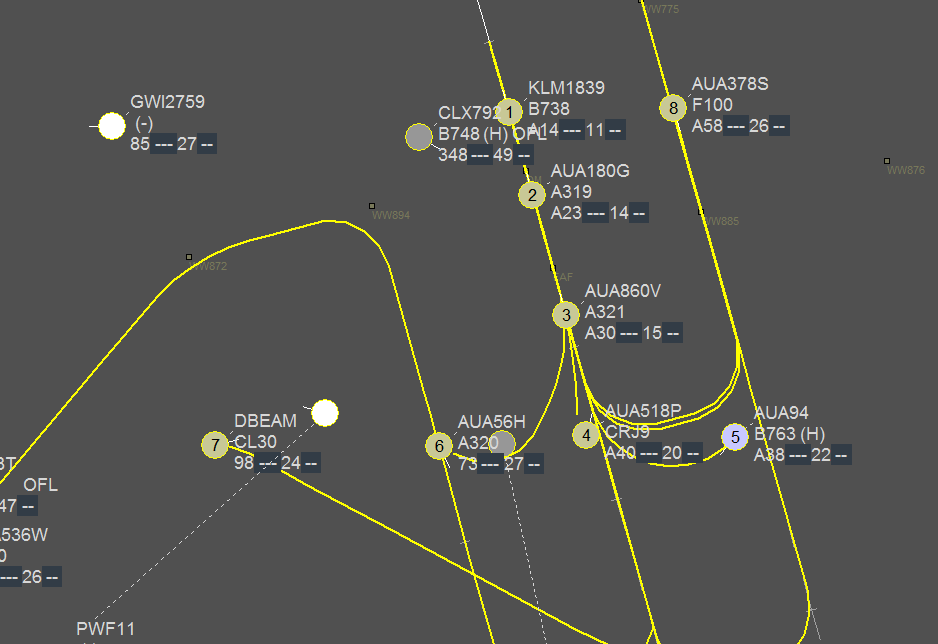The project partners have agreed on an Operation Concept Document (OCD) focusing on possible implementation of speech recognition systems in air traffic control environment. Prague and Vienna approaches will participate in later verification and, therefore, the document is based on their needs. After review by SJU the document will be public available.
The System Requirements Specification document is currently derived from the OCD. This document will contain general requirements for Assistance Based Speech Recognition (ABSR) applied in ATM applications.
MALORCA mainly focuses on reducing the adaptation costs for ABSR application to different airports. Therefore, machine learning algorithms will analyze large amounts of speech and the corresponding radar data samples from live traffic of Vienna and Prague. MALORCA will use the speech data normally recorded for incident evaluation although the data is very noisy and only digitized with 8 kHz (standard for speech recognition application are at least 16 kHz). However, these data are easily available in many ATC center so that many ANSPs can benefit from MALORCA’s results. From other Speech Recognition applications it is well known that word error increases by at least 30% (factor of 1.3), if 8 kHz instead of 16 kHz is used, resulting in poor sentence error rates, i.e. poor command recognition rates in ATC context. MALORCA will try to compensate this effect by Assistance Based Speech Recognition (ABSR) , i.e. by using knowledge of command hypotheses derived from the output of the Arrival Manager.
First radar data samples together with speech data are available for Vienna approach. DLR’s Arrival Manager 4D-CARMA was adapted to Vienna.

The command hypotheses of the Arrival Manager will ease first manual transcription of test data sets of speech data and improve machine learning performance.
